Why Estate Planning Matters in Your Thirties

Where are you in terms of estate planning? If you’re in your thirties, it’s possible that you haven’t even given it a thought. It may be time to reconsider that attitude! Even if you don’t have an abundance of assets, it’s important to take control of your estate, especially in certain circumstances. The fact is that everyone needs an estate plan, to protect themselves and their assets, make things easier on the people they care about, and make sure their wishes are carried out, even if they’re not able to make their own decisions.
- If you have a spouse, you need an estate plan. Especially if you’re newly married, you probably can’t even fathom losing your spouse. It happens, though, and you need to have a plan in place. For instance, if you and your spouse aren’t listed on each other’s bank accounts, you probably won’t have immediate access to funds you need if the unthinkable happens. Additionally, there could be a division of property that doesn’t work out the way you and your spouse would want. Having a plan makes it easier to just live your life and not worry about what the future holds.
- A homeowner needs an estate plan. Who will inherit your house if something happens to you? If you have a will, the ownership of your home will be transferred according to your wishes. If not, the ownership will depend on state laws.
- People with children definitely need an estate plan. Life is hectic when you’re raising kids, and it’s easy to neglect long-term planning while you’re running from point a to point b. It’s extremely important, though to have a plan that protects your children, designates a guardian, and ensures that your assets are given to your children according to your wishes. It’s also important that all of your children’s important documents, like medical records and birth certificates, are kept in a secure location where someone else can find them if you’re not around.
- Having pets is a reason for an estate plan. For many of us, our pets are almost like children. Whether or not that’s the case for you, you need a plan for your pets, so they’ll be properly cared for if something happens to you. In your estate plan, you can designate who should take ownership of your pets, while also designating funds for their care. If you don’t have a plan in place, your pets may go to your next of kin or they may end up in a shelter.
- An estate plan can protect your business. If you’ve started a business, you need to make a plan to keep it functioning if you’re unable to run it. If you die or even become temporarily incapacitated, who will run your business? Depending on how your business is structured, you may be able to create a trust to allow it to live on after you.
- Your retirement assets require an estate plan. Are you building a 401k, IRA, or brokerage account? It takes years of contributing to create a nest egg, so it’s vital that you protect these assets. Typically, you’ll name a beneficiary when you open the account, but you need to make sure all the forms are complete, and your family knows how to claim the funds if you are no longer around.
- If you have strong personal beliefs, an estate plan can protect you. There is a broad range of beliefs about things like health procedures, after-death body preferences, life-sustaining measures, and even CPR. How do you feel about these things? It needs to be in writing so that if anything happens to you, your family knows how to carry out your wishes.
- What documents do you need for an estate plan? The answer to this question depends on your unique situation.
- A durable power of attorney gives someone the ability to take care of you if you can’t do it yourself. You can appoint someone to pay your bills, deal with your landlord, and deal with your personal affairs.
- A healthcare power of attorney allows someone to make medical decisions for you. This is important because you will want someone who knows your wishes to handle these things.
- A will provides for those who wouldn’t otherwise have legal rights. It can provide for your unmarried partner and name a guardian for your children, so these things are not left up to the courts.
- A trust provides for your children. This ensures that your children will inherit money they need before they turn 18.
- An advance directive or medical directive is also called a living will. This document lets people know your if you become terminally ill or are in a persistent vegetative state and can’t communicate, to make decision making easier on your family.
Whether you are creating an estate plan for the first time, reviewing an already existing plan, or trying to navigate probate, it helps to have an experienced estate planning lawyer in your corner. Richards & Richards Law Firm, LLC is a full service law firm in Ogden, Utah, dedicated to easing your stress, protecting your rights, and getting you what you deserve. Our family-owned firm offers top-notch legal advice and provides the highest-quality professional legal services at an affordable price. No matter what legal services you need, we can help. We have more than 30 years of legal experience on our side, and we’re committed to focusing our full attention on the needs of each individual client, in order to achieve the best possible results for each case. Call us today at (512) 461-4836 or contact us through our website to schedule a legal consultation with our friendly, experience, family law lawyers.


